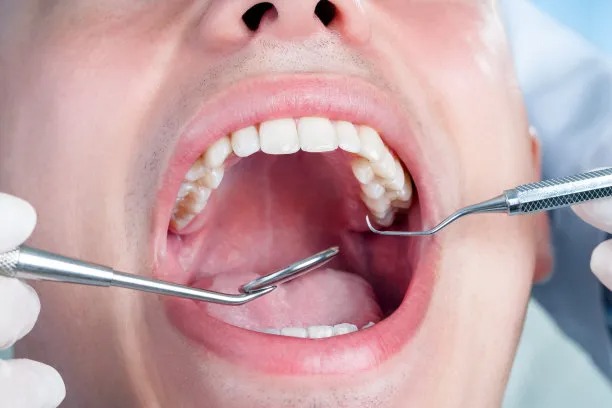Understanding the Benefits Aftercare and Procedure of Dental Implant Treatment for Your Healthy Smile
Summary: Dental implants are a revolutionary solution for individuals seeking to restore their smiles and improve their oral health. This article delves into the essential benefits of dental implants, as well as the necessary aftercare and procedures involved. It highlights how implants not only enhance aesthetic appeal but also contribute to overall dental health. Additionally, we explore the steps involved in the dental implant procedure to prepare patients for what to expect. Understanding the importance of proper aftercare is crucial in ensuring the longevity and success of dental implants. Together, these elements combine to offer a comprehensive overview of why dental implants are a preferred choice for both functionality and beauty.
1. The Aesthetic Benefits of Dental Implants

Dental implants significantly enhance one’s appearance by providing a natural-looking smile. Unlike dentures or bridges, which can appear artificial, implants are designed to resemble your natural teeth closely. The materials used, such as titanium and porcelain, blend seamlessly with the existing teeth, offering a pleasing aesthetic. Patients often report a boost in self-esteem after their treatment, leading to increased confidence in social situations.
Moreover, the gum tissue around dental implants can become healthier compared to areas with missing teeth, further improving attractiveness. The structure of dental implants encourages bone growth and sustains facial integrity, preventing the sunken appearance that often accompanies tooth loss. This aesthetic advantage contributes to a younger-looking face and enhances overall facial harmony.
In addition, dental implants eliminate the worry of slippage associated with traditional dentures. Patients can speak, laugh, and eat without fear, which allows them to express themselves freely. This reliability serves as a crucial factor for many individuals considering dental implants.
2. Health Benefits Linked to Implants
The health benefits associated with dental implants are profound and multifaceted. First, they help maintain jawbone density. When a tooth is lost, the adjacent bone often deteriorates, leading to loss of structure and resulting in facial sagging over time. Implants help stimulate the bone, preserving its density and preventing further deterioration.
Moreover, dental implants improve oral hygiene. Unlike bridges, which require altering adjacent teeth, implants do not disrupt surrounding dental structures. Patients can maintain better oral hygiene habits, as the implants can be brushed and flossed just like natural teeth.
Furthermore, implants have a success rate of over 95%, making them a reliable option for many patients. The durability and stability of dental implants reduce the chances of future dental issues, leading to better long-term oral health and decreased visit frequency to the dentist.
3. Understanding the Dental Implant Procedure
Awareness of the dental implant procedure is essential for prospective patients. The treatment typically involves multiple steps and begins with a thorough oral examination and imaging tests to assess suitability. During the initial appointment, the dentist will discuss the type of implant, plan the treatment timeline, and prepare the patient for the surgery.
The surgical phase includes placing a titanium post into the jawbone, which acts as the root of the new tooth. This process is performed under local anesthesia to ensure patient comfort. Post-surgery, patients are usually prescribed pain relievers and might require a few days for recovery, during which rest is crucial.
Finally, after the implant has integrated with the bone—a process known as osseointegration—an abutment is placed, followed by the attachment of a custom-made crown. This entire process may take several months but ultimately leads to a fully restored smile that functions almost like original teeth.
4. Importance of Aftercare Post-Implant
Aftercare is critical in ensuring the longevity and success of dental implants. Following the procedure, patients are advised to maintain rigorous oral hygiene practices. Brushing twice a day, flossing daily, and using antimicrobial mouth rinses are vital to prevent infection and inflammation around the implant.
Additionally, regular dental check-ups are essential to monitor the health of the implants and the surrounding gums. Dentists can recommend professional cleanings and identify any issues early, which significantly enhances the implants lifespan.
Patients should also be aware of their dietary choices during the recovery phase. Soft foods and avoiding hard or sticky foods can help ease discomfort and protect the implant site. Staying hydrated and avoiding tobacco products are also crucial in supporting healing and minimizing complications.
Summary:
In conclusion, dental implants offer numerous aesthetic and health benefits that contribute significantly to one’s oral and overall well-being. Understanding the intricate procedure and the essential aftercare can ensure optimal results, making them an attractive option for dental restoration. With the right knowledge and commitment to oral health, patients can enjoy their new smiles for many years to come.
This article is compiled by Vickong Dental and the content is for reference only.



